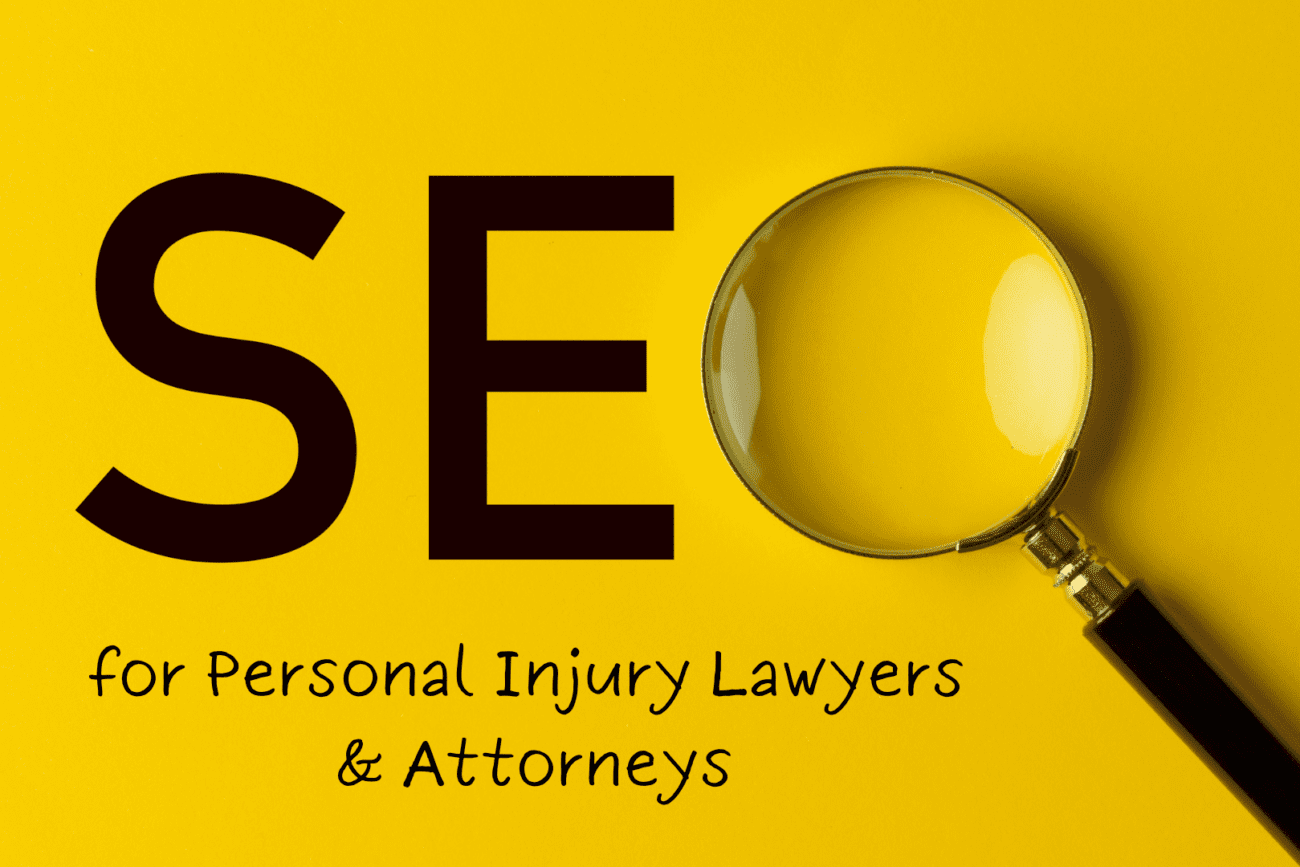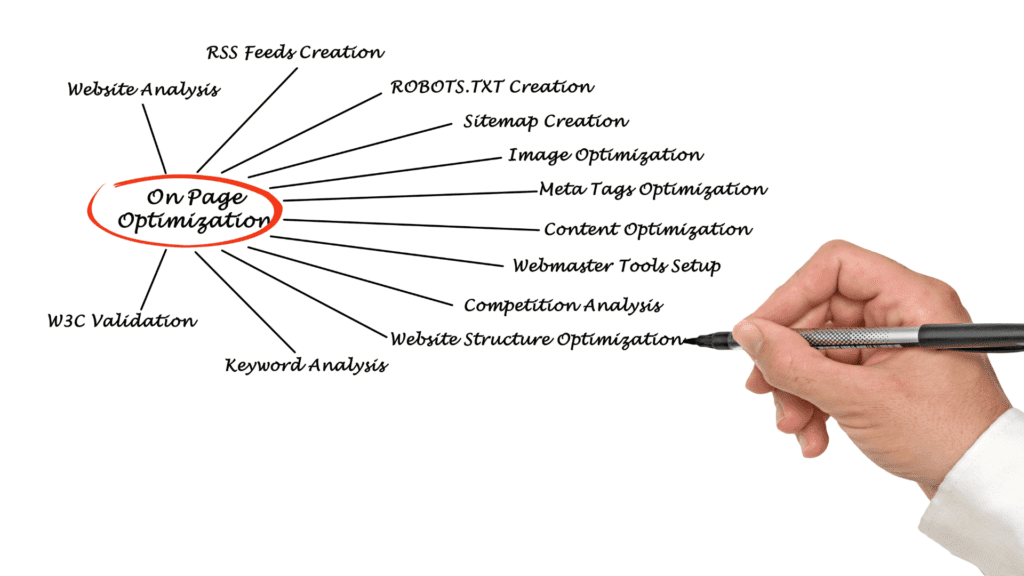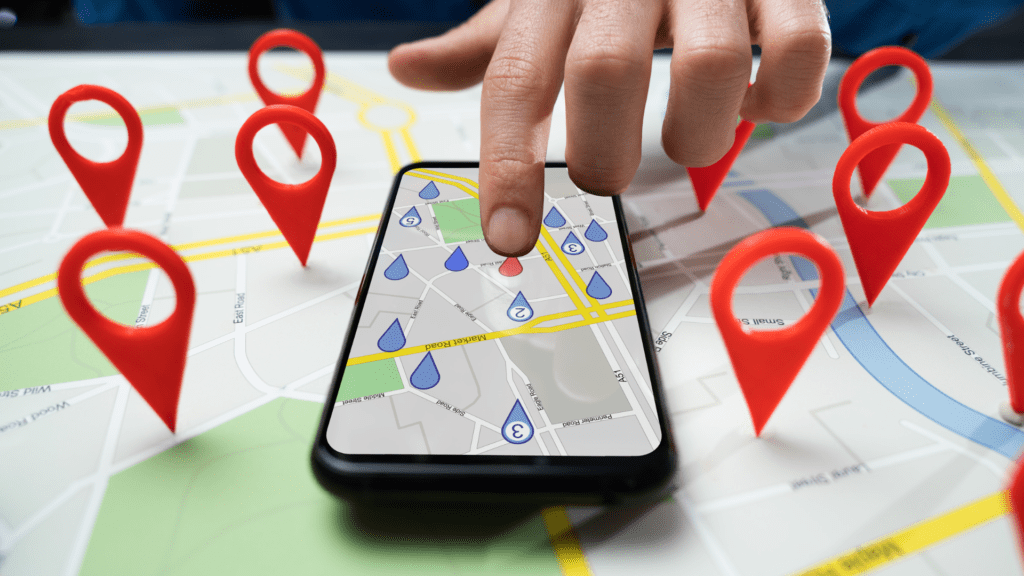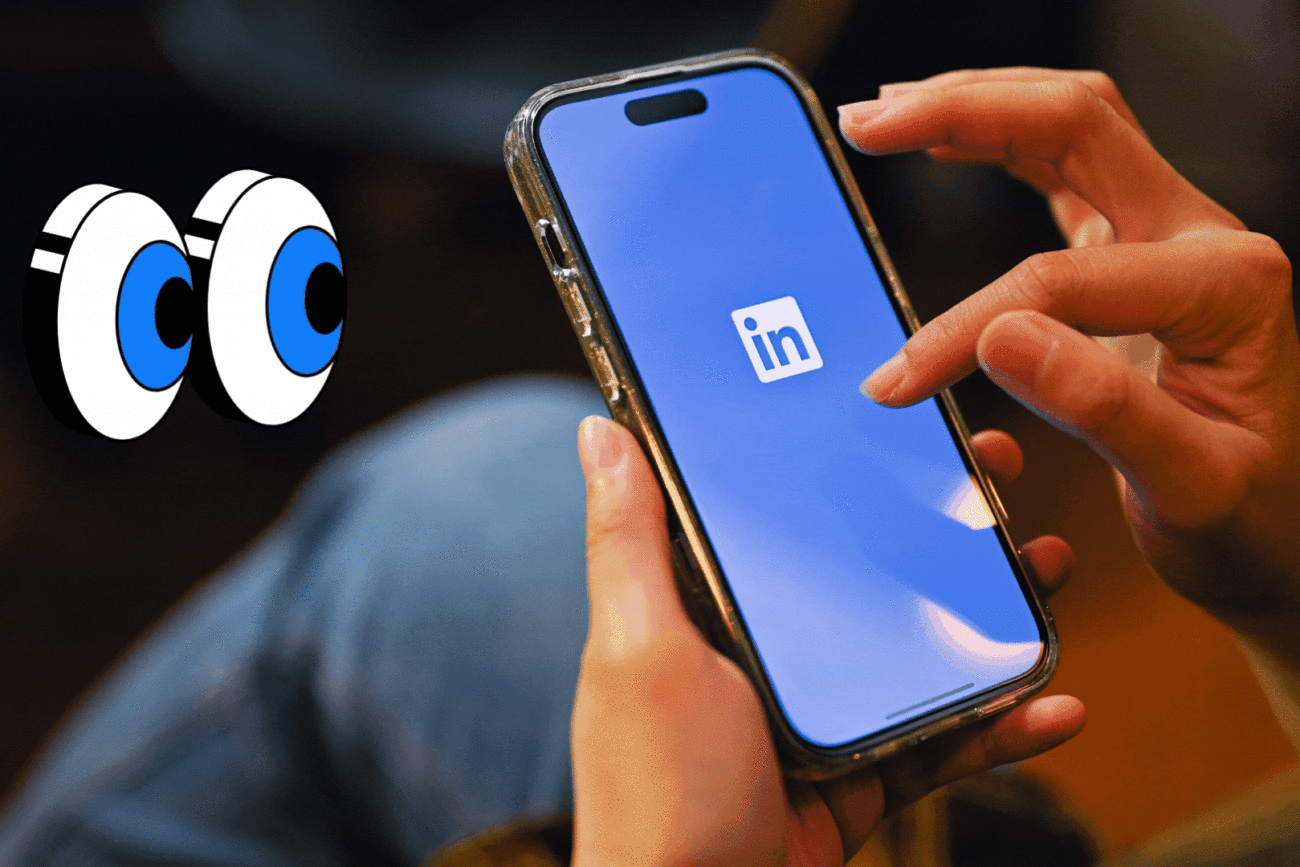
SEO For Personal Injury
With the right SEO tactics, you can improve your website’s visibility and ranking on search engine results pages (SERPs), drive more traffic to your site, and ultimately, generate more leads and conversions.
In this article, we’ll dive into the world of SEO for personal injury lawyer marketing, covering everything from keyword research and on-page optimization to link building and content marketing. Whether you’re just starting out or looking to take your SEO efforts to the next level, this guide will provide you with actionable tips and best practices to help you achieve your goals.
Why Seo matters for personal injury lawyers
As a personal injury lawyer or law firm, your main job is to help people who have been hurt or injured because of someone else’s carelessness or wrongdoing. But you need to have a strong online presence if you want to reach those potential clients and make a difference. Since most people look for legal services on the internet, having a well-optimized website is no longer a nice-to-have, it’s a necessity.
SEO can help you do this by making it easier for people to find your website on sites like Google, Bing, and Yahoo. By making sure your site is optimized for the right keywords and phrases, you can move up in the SERPs and get more people to visit your site. This can then lead to more leads and sales, which can help you grow your business and help people in need.
Understanding search engine optimization (SEO for personal injury lawyers)
Before getting into specific SEO strategies and tactics, it’s important to know what SEO is and how it works. At its core, SEO is the process of making your website rank higher on search engine results pages (SERPs) for relevant keywords and phrases. This depends on a number of things, such as on-page optimization, technical SEO, local SEO, link building, and content marketing.
Google and other search engines use complicated algorithms to figure out which websites are the best matches for a search query. By understanding these algorithms and optimizing your website to match them, you can raise your site’s ranking and get more organic traffic.
Keyword research techniques for personal injury lawyers
One of the first steps of any SEO plan is to do a lot of research on keywords. This means finding out what words and phrases your ideal customers are using to look for your services online. By making sure that your website is optimized for these keywords, you can make it more visible on search engines and get more relevant traffic to it.
Google’s Keyword Planner, SEMrush, Ahrefs, and Moz are just some of the tools that can be used to do keyword research. When doing keyword research, it’s important to think about things like the number of searches, the competition, and how the keywords relate to your business. You should try to use keywords that are relevant to your business and services, get a lot of searches, and don’t have a lot of competition.
On-page optimization techniques for personal injury lawyers
 On-page SEO for Personal Injury
On-page SEO for Personal InjuryOn-page optimization is the process of making sure that each page of your website is optimized for certain keywords and phrases. Among other things, this means making sure that your page titles, meta descriptions, header tags, and content are all optimized for relevant keywords.
When you optimize your pages, it’s important to think about how the user will feel. This means making sure that your website’s content is well-written, interesting, and full of useful information, and that it is easy to use and navigate. Some of the best ways to optimize a page include:
- Using descriptive and relevant page titles and meta descriptions
- Incorporating relevant keywords and phrases into your header tags (H1, H2, etc.)
- Writing high-quality, original content that provides value to your readers
- Using descriptive alt tags for your images
- Ensuring your website is mobile-friendly and loads quickly
Technical SEO for personal injury lawyers
Technical SEO refers to the changes you can make behind the scenes to your site to make it more visible to search engines. This includes things like how fast a website loads, how it’s put together, and how it uses schema markup.
Some key technical SEO best practices include:
- Ensuring your website is mobile-friendly and responsive
- Optimizing your website’s loading speed
- Implementing structured data markup to provide search engines with additional context about your website
- Ensuring your website is secure with an HTTPS protocol
Local SEO for personal injury lawyers

Local SEO for Personal Injury
For personal injury lawyers and law firms, local SEO is particularly important. This involves optimizing your website and online presence to rank for local search queries, such as “personal injury lawyer in [city].”
Some key local SEO tactics include:
- Claiming and optimizing your Google My Business listing
- Ensuring your website has consistent and accurate local business citations (name, address, phone number)
- Creating location-specific landing pages on your website
- Generating positive reviews and ratings on local review sites like Yelp and Avvo
Link building for personal injury lawyers
Link building means getting backlinks, which are links from other websites to your own. This is a very important part of SEO because backlinks show search engines that a website is authoritative and important.
Some best practices for link building include:
- Creating high-quality, informative content that others will want to link to
- Guest posting on relevant websites in your industry
- Reaching out to other websites to request a link back to your site
- Creating shareable infographics or other visual content that others will want to link to
Content marketing for personal injury lawyers
Content marketing is the process of creating and promoting high-quality, informative content to attract and engage your target audience. This can include blog posts, videos, infographics, and more.
Some best practices for content marketing include:
- Conducting keyword research to identify relevant topics to write about
- Creating high-quality, informative content that provides value to your readers
- Promoting your content on social media and other relevant channels
- Using email marketing to distribute your content to your subscribers
Measuring your SEO for personal injury success
Measuring your SEO success is crucial to understanding the effectiveness of your strategies and making adjustments as needed. Some key metrics to track include:
- Keyword rankings
- Organic search traffic
- Click-through rate (CTR)
- Conversion rate
- Backlinks
By tracking these metrics over time, you can identify areas where you need to make adjustments and optimize your strategies for maximum effectiveness.
Common SEO for personal injury mistakes to avoid
While SEO can be a powerful tool for driving traffic and generating leads, there are also a number of common mistakes that can hinder your success. Some key mistakes to avoid include:
- Keyword stuffing or using irrelevant keywords
- Neglecting on-page optimization and user experience
- Focusing too heavily on link building at the expense of other tactics
- Ignoring local SEO opportunities
- Creating low-quality, spammy content
Conclusion
In conclusion, SEO can be a powerful tool for personal injury lawyers who want to get more clients and grow their businesses. You can improve your search engine visibility and reach more potential clients online by optimizing your website and content, building high-quality backlinks, and using local SEO strategies. It’s important to keep up with the latest SEO trends and best practices and to check your progress often and make changes as needed. With time and work, you can make SEO work for your law firm long-term and see real results.
Frequently Asked Questions (FAQs)
Q. How long does it take to see results from SEO?
A: It can take several months to see significant results from SEO efforts, as search engines need time to crawl and index your site. However, by consistently implementing best practices and monitoring your progress, you should start to see improvements over time.
Q. Can I do SEO on my own or do I need to hire a professional?
A: While it’s certainly possible to do SEO on your own, it can be a complex and time-consuming process. Hiring a professional SEO agency or consultant can help ensure that your strategies are effective and up-to-date.
Q. What's the difference between on-page and off-page SEO?Title
A: On-page SEO refers to the optimizations you can make directly on your website to improve its search engine visibility, such as optimizing your content and meta tags. Off-page SEO, on the other hand, refers to tactics like link building and social media marketing that take place outside of your website.
Q. How important is local SEO for personal injury lawyers?
A: Local SEO is extremely important for personal injury lawyers and law firms, as it can help you rank for relevant local search queries and attract clients in your area.
Q. What's the best way to measure my SEO success?
Tracking metrics like keyword rankings, organic search traffic, and conversions can help you measure the effectiveness of your SEO strategies and make adjustments as needed. It’s also important to regularly monitor your progress and stay up-to-date on changes to search engine algorithms and best practices.














